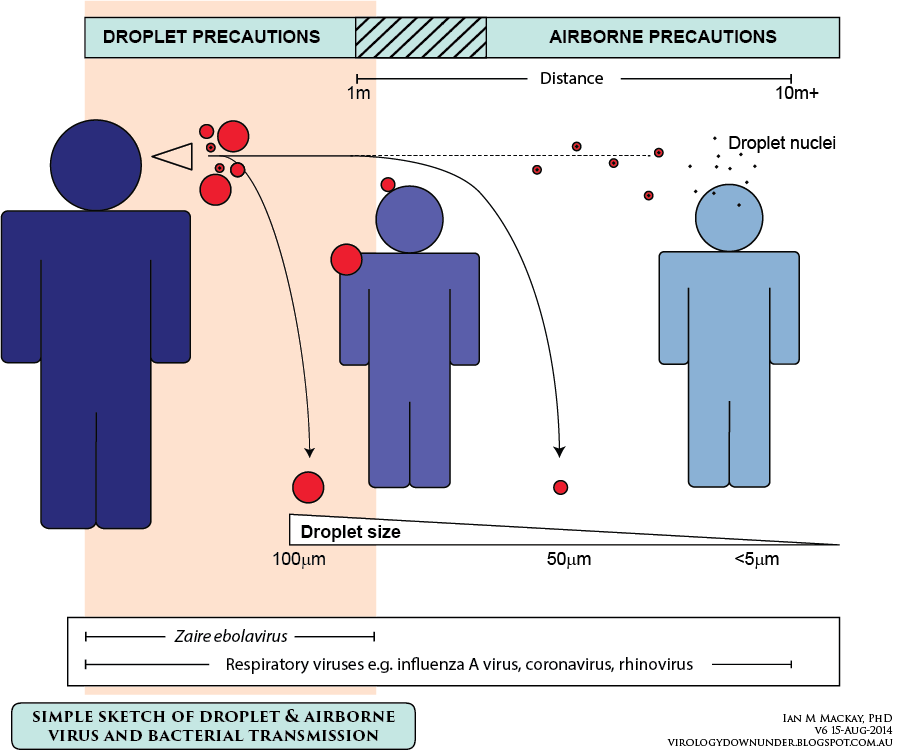Medical Maven
Deceased
Posted by Dr. Niman at this rhizalabs forum.
•50 people identified as high risk cases
•Amaechi to meet with church leaders, traditional rulers
Rivers State government has said that three persons have been identified and quarantined as in-house patients at the Ebola Isolation Unit, at Oduoha, in Emohua Local Government Area of the state.
This was disclosed yesterday, by the state Commissioner for Health, Dr. Samson Parker, while briefing journalists in Port Harcourt.
Dr. Parker stated that the three persons were out of the 50 persons that the State government classified as high risk contact, and currently placed under observation through its Contact Tracing Committee.
According to him, the three persons were a doctor and pharmacist, who work at Samstel Clinic, as well as a female patient that was treated at the Clinic.
Speaking further, the Health commissioner disclosed that 50 out of about 200 people under surveillance, were categorized as high risk because of their primary contact with the late Dr. Iyke Samuel Enemuo.
Also, Dr. Parker stated that about 60 people, who had secondary contact with the late Dr. Enemuo have not been located and appealed to them to submit themselves to the Rivers State government’s medical team as quickly as possible.
“Let me explain why: because of the stigma associated with the virus most people are reluctant to present themselves to our medical team. Although, we have identified about 200 people, we are still to be in touch with about 60 of them. But, 50 high risk contacts have been identified.
“These persons are not coming up because of the stigma, but we are still on them. For now, we are concentrating on these names that we have found, while work is going on to locate new persons that may have had secondary contacts with Dr. Enemuo. We are currently tracing them, so that we can capture them”.
Meanwhile, Dr. Parker had informed that Governor Chibuike Amaechi would meet with church and traditional leaders on Monday and Tuesday respectively.
The meeting would likely be in connection with the Ebola outbreak in the state.
http://sunnewsonline.com/new/?p=79643
______
MY COMMENT: Good luck on finding (and corralling) that "herd of cats". They be RUNNERS and HIDERS.
•50 people identified as high risk cases
•Amaechi to meet with church leaders, traditional rulers
Rivers State government has said that three persons have been identified and quarantined as in-house patients at the Ebola Isolation Unit, at Oduoha, in Emohua Local Government Area of the state.
This was disclosed yesterday, by the state Commissioner for Health, Dr. Samson Parker, while briefing journalists in Port Harcourt.
Dr. Parker stated that the three persons were out of the 50 persons that the State government classified as high risk contact, and currently placed under observation through its Contact Tracing Committee.
According to him, the three persons were a doctor and pharmacist, who work at Samstel Clinic, as well as a female patient that was treated at the Clinic.
Speaking further, the Health commissioner disclosed that 50 out of about 200 people under surveillance, were categorized as high risk because of their primary contact with the late Dr. Iyke Samuel Enemuo.
Also, Dr. Parker stated that about 60 people, who had secondary contact with the late Dr. Enemuo have not been located and appealed to them to submit themselves to the Rivers State government’s medical team as quickly as possible.
“Let me explain why: because of the stigma associated with the virus most people are reluctant to present themselves to our medical team. Although, we have identified about 200 people, we are still to be in touch with about 60 of them. But, 50 high risk contacts have been identified.
“These persons are not coming up because of the stigma, but we are still on them. For now, we are concentrating on these names that we have found, while work is going on to locate new persons that may have had secondary contacts with Dr. Enemuo. We are currently tracing them, so that we can capture them”.
Meanwhile, Dr. Parker had informed that Governor Chibuike Amaechi would meet with church and traditional leaders on Monday and Tuesday respectively.
The meeting would likely be in connection with the Ebola outbreak in the state.
http://sunnewsonline.com/new/?p=79643
______
MY COMMENT: Good luck on finding (and corralling) that "herd of cats". They be RUNNERS and HIDERS.

 PROSCRIBED SITES LIST
PROSCRIBED SITES LIST




 I just got visions of the Fianna Fáil government denying that we need a bailout as the IMF money men were on TV getting off the plane at Dublin airport,
I just got visions of the Fianna Fáil government denying that we need a bailout as the IMF money men were on TV getting off the plane at Dublin airport, 
